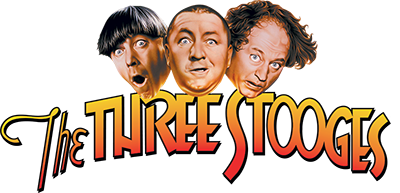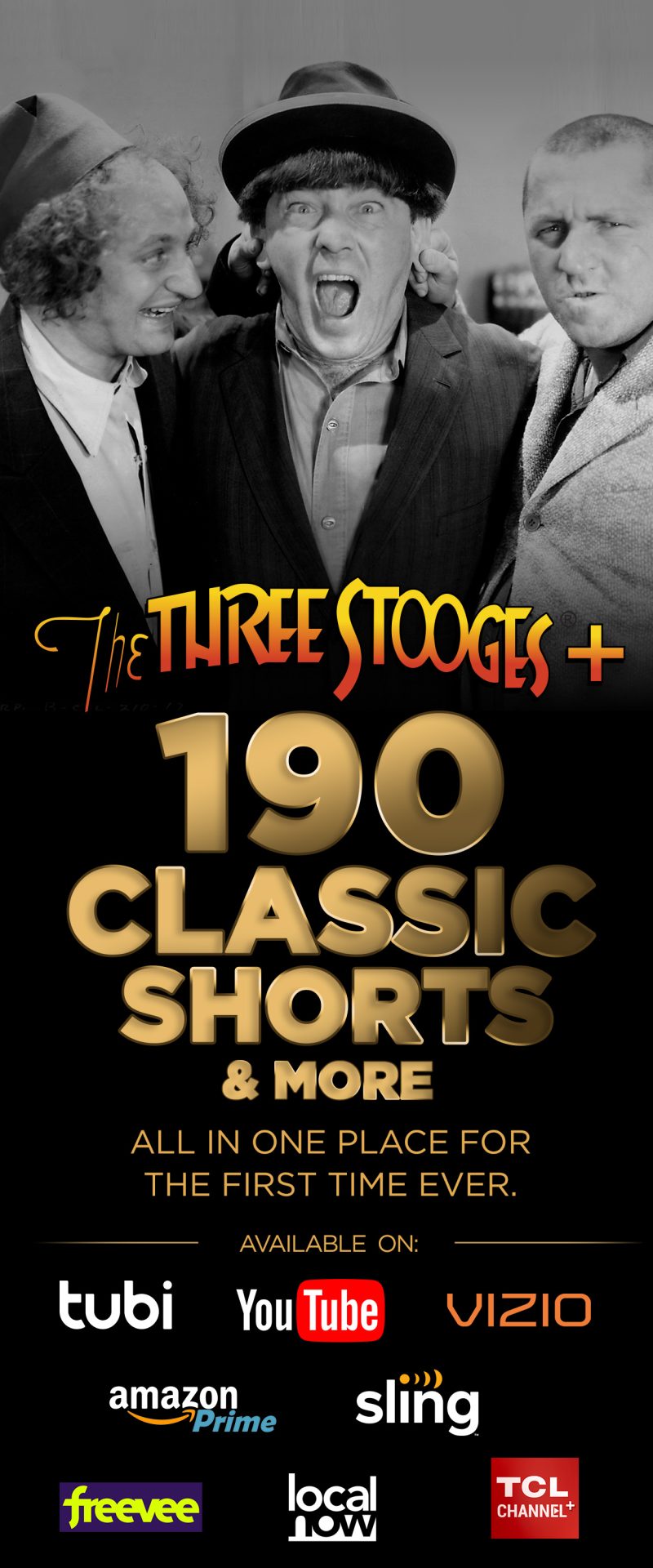Production Information
Title: Uncivil Warriors
Studio: Columbia
Short Number: 8
Release Date: April 26, 1935
Running Time: 19:5
Uncivil Warriors Short Take
The Stooges are three Union spies who infiltrate the Confederate headquarters of General Butts. Their mission is to determine the enemy’s positions and armaments, but manage to find the time to flirt with the General’s daughter and her two lovely friends. Before long, the boys find themselves suspected by Major “Bloodhound” Filbert, who has a special skill in uncovering spies.
Uncivil Warriors Cast & Crew
Directed by Del Lord Produced by Jules White Written by Felix Adler Starring Moe Howard
Larry Fine
Curly Howard
Bud Jamison
Ted Lorch
James C. Morton
Phyllis CraneMusic by Louis Silvers Cinematography John Stumar Edited by Charles Hochberg
Production Notes
Uncivil Warriors was filmed on March 13–18, 1935.[2] It is the first short in which the Stooges mention “Good Time Charlie”. When the Stooges meet a guard, they often reference Charlie. The guard asks who Charlie is, and a Stooge replies that “everybody knows Charlie. He walks like this.” The Stooges then demonstrate a silly walk until they get clear of the guard, at which point they take off running. This is a recurring joke in the Stooge shorts. In Uncivil Warriors, they actually meet a soldier named Charlie, who asks the Stooges, “Are you all looking for me?”[3]
The potholder gag would later appear in the Shemp-era short Three Hams on Rye during a live theatrical production.[3] A similar sequence also appears in the 1947 short All Gummed Up, also featuring Shemp. The scene is nearly identical, with bubblegum being used in the place of a potholder, the stooges coughing up bubbles rather than feathers as a result.
When Moe brings the black baby into the Colonel’s office he attempts to explain how the baby got his dark complexion (“We had him down the beach all summer…he got quite sunburned!”); this is sometimes deleted for U.S. television broadcasts.[3]
The introductory music over the titles is a medley of “Battle Hymn of the Republic” (most popular marching song of the Union Army) and “Dixie” (which had the same status in the Confederate Army).[3


